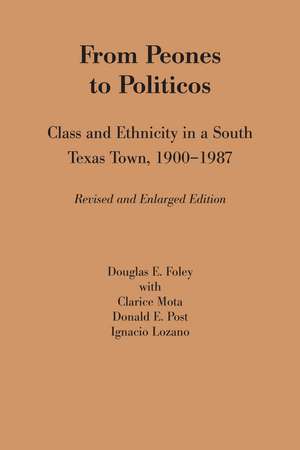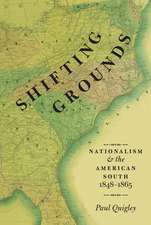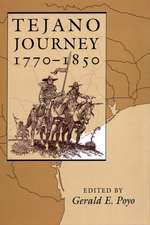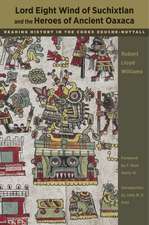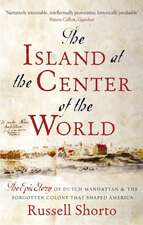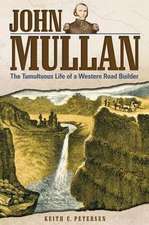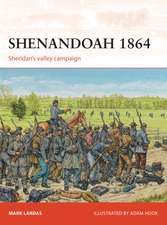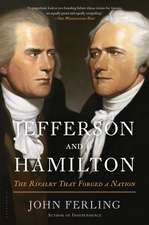From Peones to Politicos: Class and Ethnicity in a South Texas Town, 1900–1987
Autor Douglas E. Foley, Clarice Mota, Donald E. Post, Ignacio Lozanoen Limba Engleză Paperback – sep 1988
The authors divide their study into three historical periods: the rancho era (1900–1930), the colonia era (1930–1970), and the contemporary period (1970–1977). They trace how Mexicano-Anglo relations have evolved away from the extremely exploitative, paternalistic sharecropper system of the rancho era, when open racism, strict social segregation, and effective Anglo political machines prevailed. They reveal, by contrast, how Mexicanos have become a power to be reckoned with by developing their own economic and political leaders and ethnic political organizations and challenging the Anglo control of the city, school, and county governments. The study also shows how Mexican American family practices have been changed by this transformation of the local political economy.
This revised edition of From Peones to Politicos presents updated fieldwork and additional discussion of class theory and the study of racial orders. Of special interest are reactions to the study by North Town residents themselves, which appear in the new Part IV.
Preț: 262.40 lei
Nou
Puncte Express: 394
Preț estimativ în valută:
50.22€ • 52.29$ • 42.44£
50.22€ • 52.29$ • 42.44£
Carte tipărită la comandă
Livrare economică 10-24 martie
Preluare comenzi: 021 569.72.76
Specificații
ISBN-13: 9780292724617
ISBN-10: 0292724616
Pagini: 336
Dimensiuni: 152 x 229 x 15 mm
Greutate: 0.45 kg
Ediția:Rev and Enl
Editura: University of Texas Press
Colecția University of Texas Press
ISBN-10: 0292724616
Pagini: 336
Dimensiuni: 152 x 229 x 15 mm
Greutate: 0.45 kg
Ediția:Rev and Enl
Editura: University of Texas Press
Colecția University of Texas Press
Notă biografică
Douglas E. Foley is Professor Emeritus of Education at the University of Texas at Austin.
Cuprins
- Introduction to the Revised Edition
- Introduction to the First Edition
- Part I: Life in the Rancho Era, 1900 to 1930
- 1. The Political Economy of the Ranchos
- The Early Agricultural Production-Labor Units
- The Social Relationship Between Landlord and Laborers
- The Early Political System
- Notes
- 2. Cultural Institutions and Social Life in the Rancho
- Churches in the Rancho Settlements
- Schools in the Rancho Settlements
- Mexicano Recollections of Schooling
- Other Community Institutions and Agencies
- Ethnic Territories and Social Spaces
- Cultural Values and Ethnic Beliefs
- The Mexicano Family in the Rancho
- A Summing Up: The Organization and Power of the Competing Ethnic Groups
- Notes
- 1. The Political Economy of the Ranchos
- Part II: Changing Life in the Colonia, 1930 to 1970
- 3. The Changing Political Economy of the Colonia
- Changing Agricultural Production Systems and Labor Needs
- The Changing Social Relationships Between Owners and Laborers
- Alternative Labor Systems: The Migrant Way of Life
- The Changing Local Political System
- The Rise of Informal Mexicano Political Groups
- Changing Informal Anglo-Mexicano Political Linkages
- Notes
- 4. Changing Cultural Institutions and Social Life in the Colonia
- Churches in North Town
- Schools in North Town
- Other Community Institutions and Agencies
- Life in La Colonia and the Mexicano Family
- The Changing Mexicano Family
- A Summing Up: The Relative Organization and Power of the Competing Ethnic Groups
- The Changing Mexicano Group
- Notes
- 3. The Changing Political Economy of the Colonia
- Part III: Contemporary Ethnic Political Conflict, 1970 to 1977
- 5. Community Conflict and the Rise of the Raza Unida
- The Movimiento Comes to Town
- The Mexicano "Takeover" of the City and Schools in 1972
- The Organization of the Ciudadanos Unidos
- Anglo Mobilization Against the Ciudadanos Threat
- The BGL Campaign and Election Victories of 1973
- Community Leadership in a Polarized Ethnic Context
- The Increasing Politicization of Mexicano Community Leaders
- The Rise of the Raza Unida Party in the Fall of 1973
- Notes
- 6. Community Factionalism and the Decline of the Raza Unida
- Key Points of Continuing Community Conflict
- Combating the La Raza Threat
- Unintended Pre-Election Conflicts of 1973-74
- Conciliation Towards the La Raza Threat
- Conciliatory School Board Policies
- School Board Decisions and BGL Factionalism
- BGL-Raza Unida Perceptions of Factionalism
- The Election Campaign of 1974
- Raza Supporters "Sitting on the Sidelines"
- A Final Outburst of Conflict
- A Summing-Up: The Escalation and De-escalation of Conflict
- Notes
- 7. An Epilogue: North Town from 1974 to 1977
- Politics from 1974 to 1977
- Continuing Ethnic Conflict in the Church and the County
- Contrasting Mexicano Leaders: The Diplomat and the Militant
- Benito Luna: The Diplomat
- Manuel Ramirez: The Militant
- A Summing-Up: Ethnic Relations in North Town, 1977
- Community Responses to From Peones to Politicos
- Author's Response to the Community Reviews
- 5. Community Conflict and the Rise of the Raza Unida
- Part IV: Follow-Up Study, 1978 to 1987
- 8. The Legacy of the Civil Rights Movement
- North Town Politics and Politicians from 1978 to 1987
- The Impact of the Chicano Movement on American Politics
- The Class Character of the Chicano Political Movement
- The Impact of the Chicano Movement on the Southwestern Racial Order
- 8. The Legacy of the Civil Rights Movement
- Notes
- Appendix A. Data Tables
- Appendix B. A Commentary on Cultural Nationalism and Class Theory
- Notes
- Index
Descriere
This book examines how a relatively powerless ethnic group deals with the problems of economic inequality and racial discrimination and how they gain power in the community.
